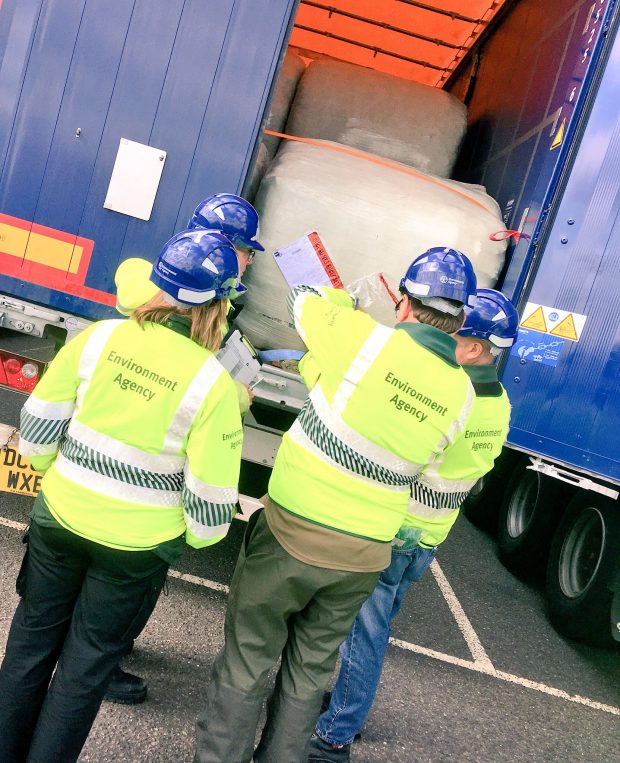Waste Export Crime Linked to Money Laundering.

The Environment Agency (EA) has reported a significant increase in money laundering networks exploiting the packaging export recycling note (PERN) system, prompting the agency to quadruple the size of its investigation team.
The EA noted that the past three years have seen a rise in the “scale and complexity” of fraud within the sector. Criminals have been falsely claiming to have exported packaging that either never existed, was not sourced from the UK, or had already been claimed for recycling.
The PERN system provides waste exporters with evidence that they have fulfilled their legal recycling obligations. However, the rise in fraud has highlighted vulnerabilities in the system, with overall waste crime estimated to cost the UK economy £1 billion annually.
In 2024, the EA, in collaboration with English police forces and Regional Organised Crime Units from the North West and Yorkshire and Humber, conducted operations that led to the arrest of 17 individuals involved in PERN fraud. The criminal activities often included laundering proceeds from benefit fraud, VAT fraud, and other crimes, sometimes across international borders. For instance, in May, a suspect was arrested at Birmingham International Airport as he arrived from Spain.
The EA’s investigation efforts have intensified, with a team of investigators now four times larger, supported by the agency’s Economic Crime Unit. This unit includes accredited financial investigators, intelligence officers, and money laundering experts.
The EA has also successfully used account freezing orders, resulting in the forfeiture of £665,000. Additional asset restraints are under consideration, and future convictions are expected to lead to confiscations under the Proceeds of Crime Act.
International collaboration is crucial to the EA’s strategy, with evidence collected from waste reprocessing sites worldwide serving as key intelligence. Recently, EA investigators were deployed to Vilnius, Lithuania, to gather evidence as part of an ongoing investigation in cooperation with the Lithuanian Department of Environmental Protection.
The EA has also taken proactive steps to prevent fraud by refusing high-risk applications for PERN accreditation. In 2023, the agency received 435 applications and approved 386, but it also refused or withdrew more than three times as many applications compared to 2022. This trend has continued into 2024, with 10 applications already refused this year.
